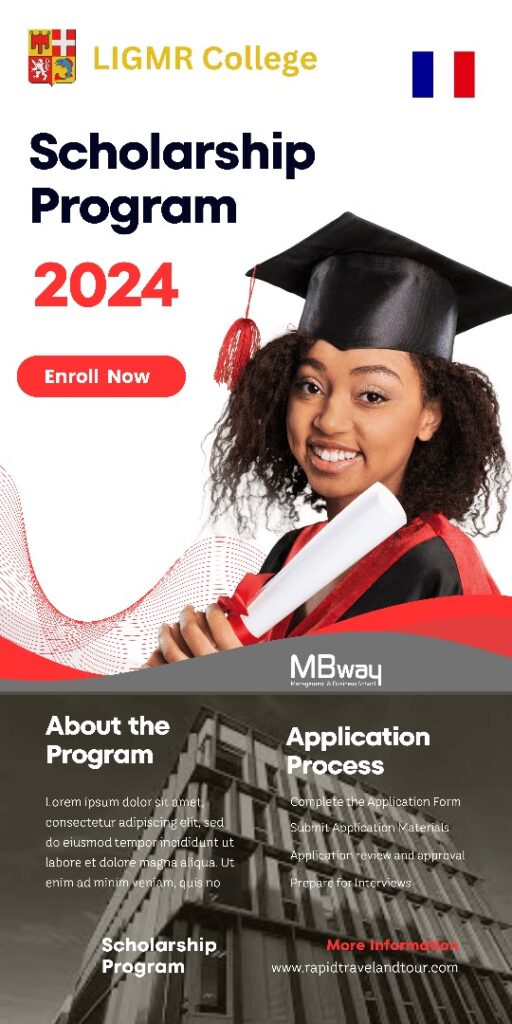Historically the ability of Canadian citizens to pass on their citizenship to their children, when a child was born abroad, was limited to the first generation. This means if a Canadian who was themselves born abroad, had a child overseas, that child would not automatically be able to claim Canadian citizenship through their parents.
This rule—known generally as the first-generation limit (FGL) may be adjusted by the Canadian government to now include a second-generation cut-off—if Bill C-71 is able to gain Royal Assent. This means that in the future (if amendments to Canada’s Citizenship Act are made and enforced), more foreign nationals who fit the above scenario will be eligible for Canadian citizenship. Immigration Refugees and Citizenship Canada (IRCC) is expected to make an announcement on June 19th, 2024—the date imposed on the federal government by the Ontario Supreme Court—regarding permanent changes to the FGL rule.
In anticipation of these coming changes, IRCC has already introduced new interim measures, which will allow some eligible foreign nationals to gain citizenship. Click here to learn more about who the FGL rule applies to.
What are IRCC’s new interim measures?
IRCC’s new measure applies to those who have applied for proof of citizenship under urgent processing, and may be impacted by the FGL by descent. Specifically, it will apply in either of the following scenarios:
- Scenario One: The applicant has submitted a proof of citizenship application that would be subject to the FGL rule change, and has requested urgent processing in accordance with urgent processing criteria; or
- Scenario Two: The applicant has a proof of citizenship application in process and IRCC has identified that the application is impacted by the FGL rule. The application had previously been de-prioritized until new rules come into effect, but the applicant has since requested urgent processing.
In both of these circumstances IRCC will respond to and review the request, in addition to verifying an applicant’s eligibility for urgent processing.
If an applicant is eligible, they will receive a notice from IRCC that the FGL rule is still currently enforced. The department will also give eligible applicants the option to request a “discretionary grant of citizenship”* with relevant information for how to apply for this grant.
If an applicant chooses to apply for this grant, their application will be processed by the Immigration Minister, or delegated decision maker. If the application satisfies necessary criteria, applicants can be granted citizenship.
*The Immigration Minister has the authority under Canadian law to grant citizenship to individuals in special or exceptional cases.
Who is eligible for urgent processing?
IRCC allows three groups of citizenship certificate (a crucial document in proving one’s Canadian citizenship) applicants to apply for urgent processing.
Related Topics
Top Stories

Historically the ability of Canadian citizens to pass on their citizenship to their children, when a child was born abroad, was limited to the first generation. This means if a Canadian who was themselves born abroad, had a child overseas, that child would not automatically be able to claim Canadian citizenship through their parents.
This rule—known generally as the first-generation limit (FGL) may be adjusted by the Canadian government to now include a second-generation cut-off—if Bill C-71 is able to gain Royal Assent. This means that in the future (if amendments to Canada’s Citizenship Act are made and enforced), more foreign nationals who fit the above scenario will be eligible for Canadian citizenship. Immigration Refugees and Citizenship Canada (IRCC) is expected to make an announcement on June 19th, 2024—the date imposed on the federal government by the Ontario Supreme Court—regarding permanent changes to the FGL rule.
In anticipation of these coming changes, IRCC has already introduced new interim measures, which will allow some eligible foreign nationals to gain citizenship. Click here to learn more about who the FGL rule applies to.
What are IRCC’s new interim measures?
IRCC’s new measure applies to those who have applied for proof of citizenship under urgent processing, and may be impacted by the FGL by descent. Specifically, it will apply in either of the following scenarios:
- Scenario One: The applicant has submitted a proof of citizenship application that would be subject to the FGL rule change, and has requested urgent processing in accordance with urgent processing criteria; or
- Scenario Two: The applicant has a proof of citizenship application in process and IRCC has identified that the application is impacted by the FGL rule. The application had previously been de-prioritized until new rules come into effect, but the applicant has since requested urgent processing.
In both of these circumstances IRCC will respond to and review the request, in addition to verifying an applicant’s eligibility for urgent processing.
If an applicant is eligible, they will receive a notice from IRCC that the FGL rule is still currently enforced. The department will also give eligible applicants the option to request a “discretionary grant of citizenship”* with relevant information for how to apply for this grant.
If an applicant chooses to apply for this grant, their application will be processed by the Immigration Minister, or delegated decision maker. If the application satisfies necessary criteria, applicants can be granted citizenship.
*The Immigration Minister has the authority under Canadian law to grant citizenship to individuals in special or exceptional cases.
Who is eligible for urgent processing?
IRCC allows three groups of citizenship certificate (a crucial document in proving one’s Canadian citizenship) applicants to apply for urgent processing.










